People who are more altruistic are happier, healthier and even more importantly, economically more rewarding.
Altruism is innate, but it's not instinctual. Everybody's wired for it, but a switch has to be flipped. – David Rakoff
When I am called by organisations, there are two key issues I am asked to address. The first one is, to put it very crudely, office politics. It may go under different kinds of briefs, no teamwork, no cooperation, finger pointing, lack of trust. We look around and witness the politics in our workplaces and functional leaders jostling amongst themselves for more resources for their own selves. It could take the form of seeking lower performance goals to earning more bonuses, blocking the path for someone to succeed, externalising blame of failure to someone or somewhere else. Then the second grouse we hear from everyone is the apparent selfishness of the millennial generation and their sense of self-entitlement. Both of these topics were part of my recent travel to Bangalore, where I met leaders from various walks of life.
Today, let's explore the question - are we born selfish? Is altruism written in our nature, a desire to help someone without expecting absolutely anything in return? Scientists have been researching some of the most seemingly unbiased individual demographic segments of the human race; babies - more specifically, babies who have attained the maturity of around six to fourteen months of age. You might think that this target segment barely has an identity and independent thought process to reach out and help human beings. Given that they depend on absolutely everything, you might be led into thinking, how do these babies find the resources within them to evaluate that someone is in need and then take deliberate conscious action to help. I mean, we are used to babies communicating exclusively when asking for help; crying for a feed, crying to be cleaned, crying when lonely, crying when feeling unsafe in the presence of a stranger. They cannot do anything besides eat and throw a few smiles at a few selected people. You have come not to expect supreme human philosophical behaviour from them.
Adults even use the phrase, “don’t be a baby”, to indicate immature or selfish thought processes and behaviour. But the tables are about to turn on adults. After reading the work of scientists such as Michael Tomasello at the Max Planck Institute and Karen Wynn at The Baby Lab in Yale; I am sure babies are already telling each other, “stop behaving like an adult”.
It is a question often asked, do we arrive in the world with a blank page, or as Steven Pinker titles his book “The Blank Slate”.
Michael Tomasello from the Max Planck Institute for Evolutionary Anthropology and Felix Warneken from Harvard University Department of Psychology have the best jobs in the world. They study infants and young children and their behaviour and motivations. Seemingly far away from complicated office politics and even more complex topics such as human motivation.
They run four kinds of experiments. Varying from a stranger who drops something on the floor, and cannot reach it. They found that, infants as young as 14-18 months, more often than not, will toddle across, pick up the object and hand it back to the person. You might think it is because the baby has nothing better to do. They even had the baby engrossed in some fun play, but they found that the baby gave up the play activity to help the adult. Then you might think, that it was easy to do. To test this, they presented some obstacles in the path, the infants worked their way around the obstacle.
You can watch the video of the babies in these experiments here:
You might think that once they cross infancy, the urge to help or share important resources might reduce. Scientists Celia Brownell, Margarita Svetlova and Sara Nichols in their paper; 'To share or not to share: When do toddlers respond to another’s needs?' found that infants at the age of 25 months, more often share their food; but more often when the adult has made an explicit request. Something interesting happens a bit later in life when children reach age five and eight. Scientists have found that children share resources, but it is more likely that they will share it with only someone, who is similar to them. At this point, the culture starts having an impact on the children.
There you have it, in a nutshell, when human beings arrive on the planet, they arrive with a moral code written into their brains. It is hardwired into our brain circuitry. It is hard coded in our software. It is our natural reaction, to help someone, even if it means a loss of time and resources.
However, like any software, as it hits real life, we start adding modifications and start adapting to the big bad cruel world around us. Parents and families and their behaviour influences them. If you like the company of a particular aunt and dislike a drunken uncle, chances are the Gen next will adapt the same likes and dislikes.
The schools, neighbourhoods and playgrounds influence our behaviour and thought processes. Children in England and India do not wake up with a rivalry for the Australians and Pakistanis on the cricket and hockey pitches. We teach them the rivalry.
I do not have children but am surrounded with dozens of nephews and nieces, and like the concept of Inductive Parenting, where children can explicitly see the effect their actions have on others. That is perhaps a solution for office politics. I have often witnessed email wars explode and escalate within hours, and I have often found the best solution is to put the two warring individuals in the same room and start a meaningful conversation. No doubt, there is a lot of awkwardness, but meaningful eye contact led conversation is a better path than an email war. As I often say, in the history of human interactions, no winner has ever emerged from an email war, and a heartfelt meaningful conversation has never left behind any losers.
The second impact is that of role models. If someone in Operations is slugging it out with someone in Sales, or if two Sales professionals from different channels are battling for a certain approval or priority, chances are they are role modeling the cultural norms set in by the superiors. That is usually the core of office politics. It is a contagion, which starts at the top and percolates to the bottom.
To conclude, altruism pays us back. Stefan Klein, in his book,Survival of the Nicest: How Altruism Made Us Human and Why It Pays to Get Along, has researched the subject and talks about how we are hardwired for altruism and how people who are more altruistic are happier, healthier and even more importantly, economically more rewarding. The one thing I note about the 20-year-olds who are struggling to run startups, is a desire to make a difference in the world. They seek role models who have made a difference, Elon Musk for example. Research shows they seek roles, which make a difference to the progress of a company and they seek companies, that make a difference to society.
So if our best chance of evolution is in the survival of the nicest, the best place to start is with our young ones and of course, ourselves.
![submenu-img]() House of the Dragon season 2 trailer: Rhaenyra wages an unwinnable war against Aegon, Dance of the Dragons begins
House of the Dragon season 2 trailer: Rhaenyra wages an unwinnable war against Aegon, Dance of the Dragons begins![submenu-img]() Panchayat season 3 trailer: Jitendra Kumar returns as sachiv, Neena, Raghubir get embroiled in new political tussle
Panchayat season 3 trailer: Jitendra Kumar returns as sachiv, Neena, Raghubir get embroiled in new political tussle![submenu-img]() Apple partners up with Google against unwanted tracker, users will be alerted if…
Apple partners up with Google against unwanted tracker, users will be alerted if…![submenu-img]() Meet actress whose debut film was superhit, got married at peak of career, was left heartbroken, quit acting due to..
Meet actress whose debut film was superhit, got married at peak of career, was left heartbroken, quit acting due to..![submenu-img]() Who is the real owner of Delhi's Connaught Place and who collects rent from here?
Who is the real owner of Delhi's Connaught Place and who collects rent from here?![submenu-img]() Meet man who is 47, aspires to crack UPSC, has taken 73 Prelims, 43 Mains, Vikas Divyakirti is his...
Meet man who is 47, aspires to crack UPSC, has taken 73 Prelims, 43 Mains, Vikas Divyakirti is his...![submenu-img]() IIT graduate gets job with Rs 100 crore salary package, fired within a year, he is now working as…
IIT graduate gets job with Rs 100 crore salary package, fired within a year, he is now working as…![submenu-img]() Goa Board SSC Result 2024: GBSHSE Class 10 results to be out today; check time, direct link here
Goa Board SSC Result 2024: GBSHSE Class 10 results to be out today; check time, direct link here![submenu-img]() CUET-UG 2024 scheduled for tomorrow postponed for Delhi centres; check new exam date here
CUET-UG 2024 scheduled for tomorrow postponed for Delhi centres; check new exam date here![submenu-img]() Meet man who lost eyesight at 8, bagged record-breaking job package at Microsoft, not from IIT, NIT, VIT, his salary is…
Meet man who lost eyesight at 8, bagged record-breaking job package at Microsoft, not from IIT, NIT, VIT, his salary is…![submenu-img]() DNA Verified: Is CAA an anti-Muslim law? Centre terms news report as 'misleading'
DNA Verified: Is CAA an anti-Muslim law? Centre terms news report as 'misleading'![submenu-img]() DNA Verified: Lok Sabha Elections 2024 to be held on April 19? Know truth behind viral message
DNA Verified: Lok Sabha Elections 2024 to be held on April 19? Know truth behind viral message![submenu-img]() DNA Verified: Modi govt giving students free laptops under 'One Student One Laptop' scheme? Know truth here
DNA Verified: Modi govt giving students free laptops under 'One Student One Laptop' scheme? Know truth here![submenu-img]() DNA Verified: Shah Rukh Khan denies reports of his role in release of India's naval officers from Qatar
DNA Verified: Shah Rukh Khan denies reports of his role in release of India's naval officers from Qatar![submenu-img]() DNA Verified: Is govt providing Rs 1.6 lakh benefit to girls under PM Ladli Laxmi Yojana? Know truth
DNA Verified: Is govt providing Rs 1.6 lakh benefit to girls under PM Ladli Laxmi Yojana? Know truth![submenu-img]() Ananya Panday stuns in unseen bikini pictures in first post amid breakup reports, fans call it 'Aditya Roy Kapur's loss'
Ananya Panday stuns in unseen bikini pictures in first post amid breakup reports, fans call it 'Aditya Roy Kapur's loss'![submenu-img]() Remember Harsh Lunia? Just Mohabbat child star, here's how former actor looks now, his wife is Bollywood's popular...
Remember Harsh Lunia? Just Mohabbat child star, here's how former actor looks now, his wife is Bollywood's popular...![submenu-img]() Mother's Day 2024: Bollywood supermoms who balance motherhood, acting, and run multi-crore businesses
Mother's Day 2024: Bollywood supermoms who balance motherhood, acting, and run multi-crore businesses![submenu-img]() Rocky Aur Rani's Golu aka Anjali Anand shocks fans with drastic weight loss without gym, says fitness secret is...
Rocky Aur Rani's Golu aka Anjali Anand shocks fans with drastic weight loss without gym, says fitness secret is...![submenu-img]() In pics: Ram Charan gets mobbed by fans during his visit to Pithapuram for ‘indirect campaign’ for uncle Pawan Kalyan
In pics: Ram Charan gets mobbed by fans during his visit to Pithapuram for ‘indirect campaign’ for uncle Pawan Kalyan![submenu-img]() Haryana Political Crisis: Will 3 independent MLAs support withdrawal impact the present Nayab Saini led-BJP government?
Haryana Political Crisis: Will 3 independent MLAs support withdrawal impact the present Nayab Saini led-BJP government?![submenu-img]() DNA Explainer: Why Harvey Weinstein's rape conviction was overturned, will beleaguered Hollywood mogul get out of jail?
DNA Explainer: Why Harvey Weinstein's rape conviction was overturned, will beleaguered Hollywood mogul get out of jail?![submenu-img]() What is inheritance tax?
What is inheritance tax?![submenu-img]() DNA Explainer: What is cloud seeding which is blamed for wreaking havoc in Dubai?
DNA Explainer: What is cloud seeding which is blamed for wreaking havoc in Dubai?![submenu-img]() DNA Explainer: What is Israel's Arrow-3 defence system used to intercept Iran's missile attack?
DNA Explainer: What is Israel's Arrow-3 defence system used to intercept Iran's missile attack?![submenu-img]() House of the Dragon season 2 trailer: Rhaenyra wages an unwinnable war against Aegon, Dance of the Dragons begins
House of the Dragon season 2 trailer: Rhaenyra wages an unwinnable war against Aegon, Dance of the Dragons begins![submenu-img]() Panchayat season 3 trailer: Jitendra Kumar returns as sachiv, Neena, Raghubir get embroiled in new political tussle
Panchayat season 3 trailer: Jitendra Kumar returns as sachiv, Neena, Raghubir get embroiled in new political tussle![submenu-img]() Meet actress whose debut film was superhit, got married at peak of career, was left heartbroken, quit acting due to..
Meet actress whose debut film was superhit, got married at peak of career, was left heartbroken, quit acting due to..![submenu-img]() 'Ek actress 9 log saath leke...': Farah Khan criticises entourage culture in Bollywood
'Ek actress 9 log saath leke...': Farah Khan criticises entourage culture in Bollywood![submenu-img]() Bollywood’s 1st multi-starrer had 8 stars, makers were told not to cast Kapoors; not Sholay, Nagin, Shaan, Jaani Dushman
Bollywood’s 1st multi-starrer had 8 stars, makers were told not to cast Kapoors; not Sholay, Nagin, Shaan, Jaani Dushman![submenu-img]() Who is the real owner of Delhi's Connaught Place and who collects rent from here?
Who is the real owner of Delhi's Connaught Place and who collects rent from here?![submenu-img]() Viral video: Chinese artist's flaming 'stairway to heaven' stuns internet, watch
Viral video: Chinese artist's flaming 'stairway to heaven' stuns internet, watch![submenu-img]() Video: White House plays 'Sare Jahan Se Achha Hindustan Hamara" at AANHPI heritage month celebration
Video: White House plays 'Sare Jahan Se Achha Hindustan Hamara" at AANHPI heritage month celebration![submenu-img]() Viral video: Bear rides motorcycle sidecar in Russia, internet is stunned
Viral video: Bear rides motorcycle sidecar in Russia, internet is stunned![submenu-img]() Driver caught on camera running over female toll plaza staff on Delhi-Meerut expressway, watch video
Driver caught on camera running over female toll plaza staff on Delhi-Meerut expressway, watch video


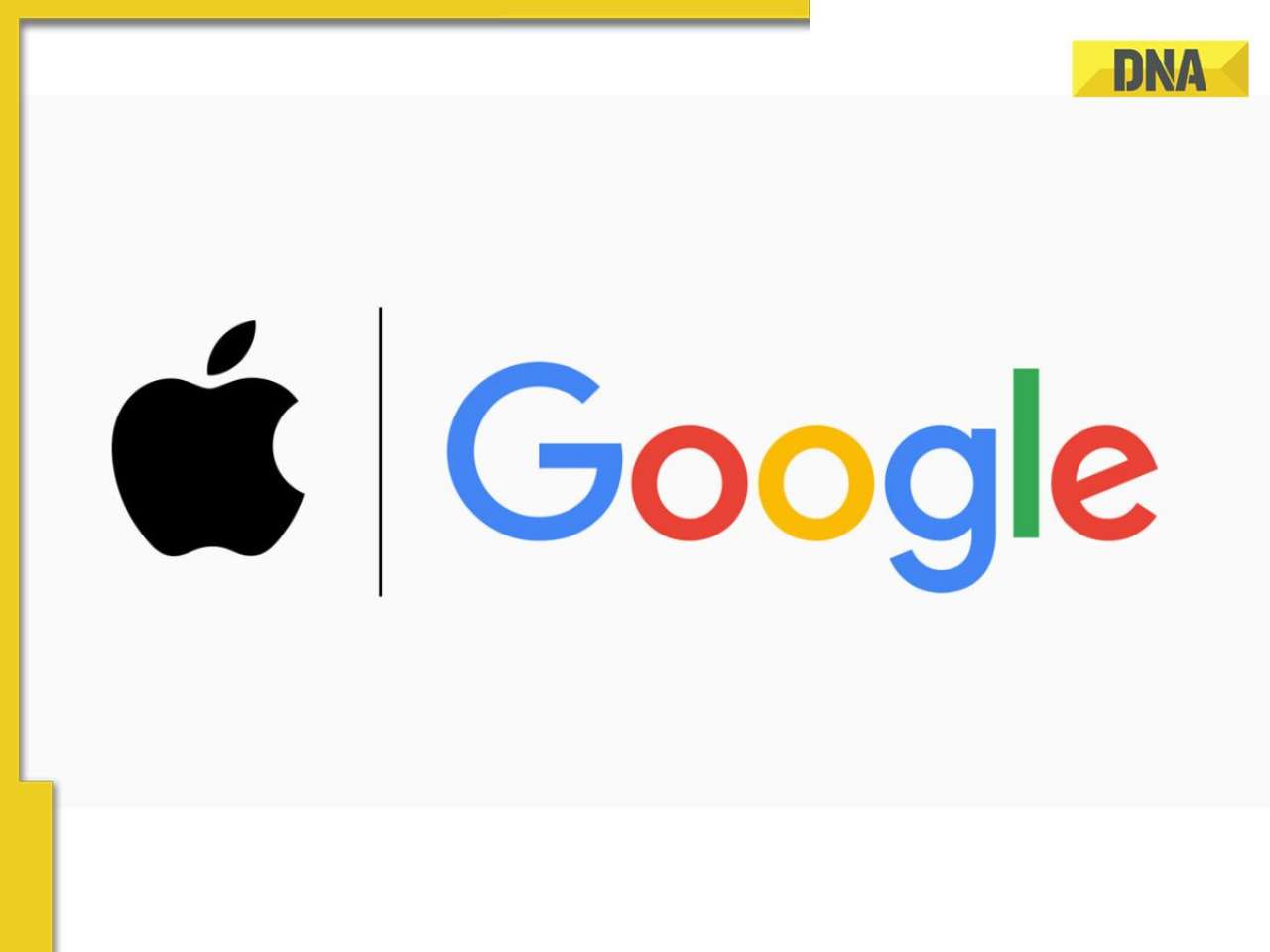









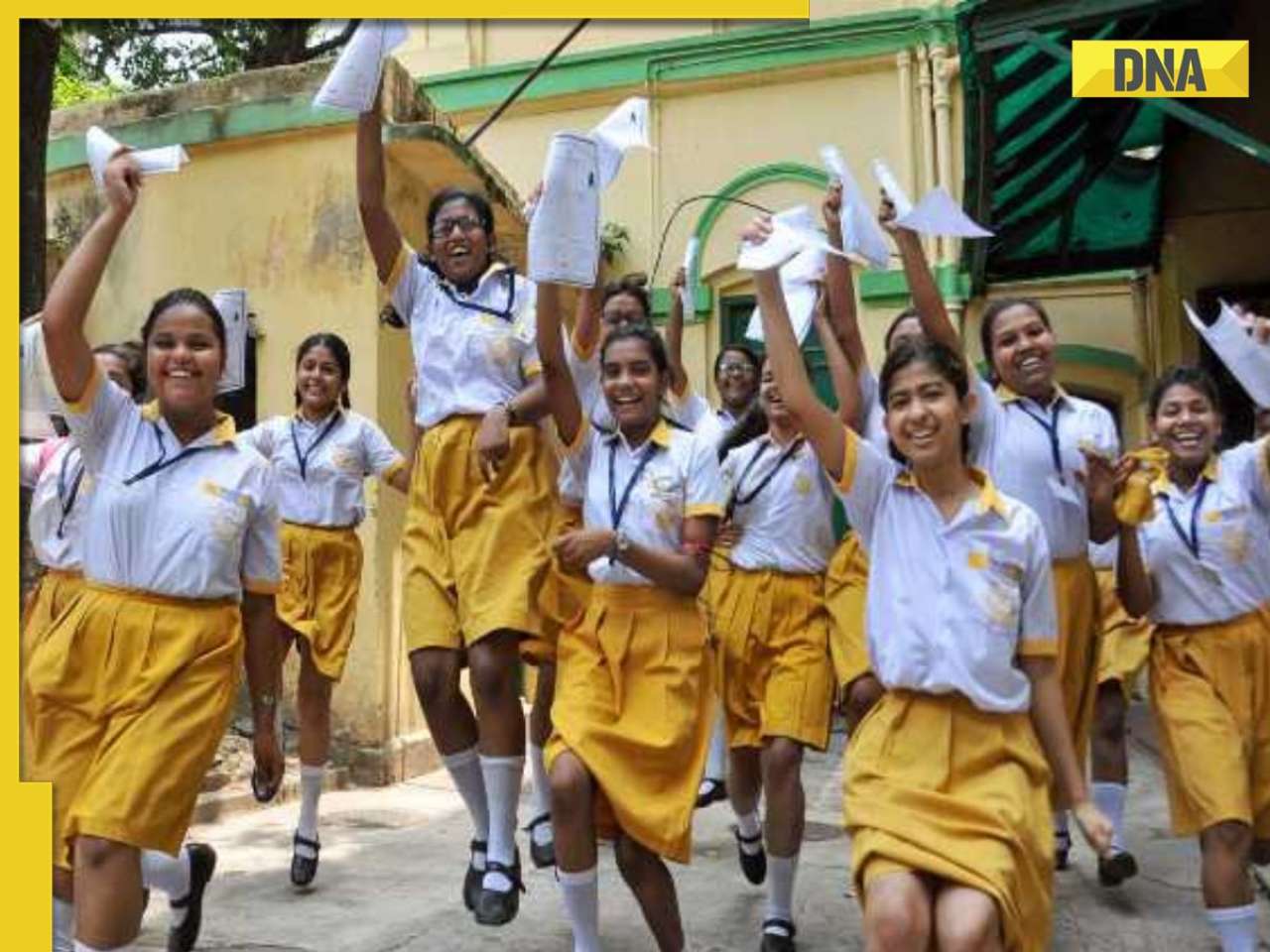
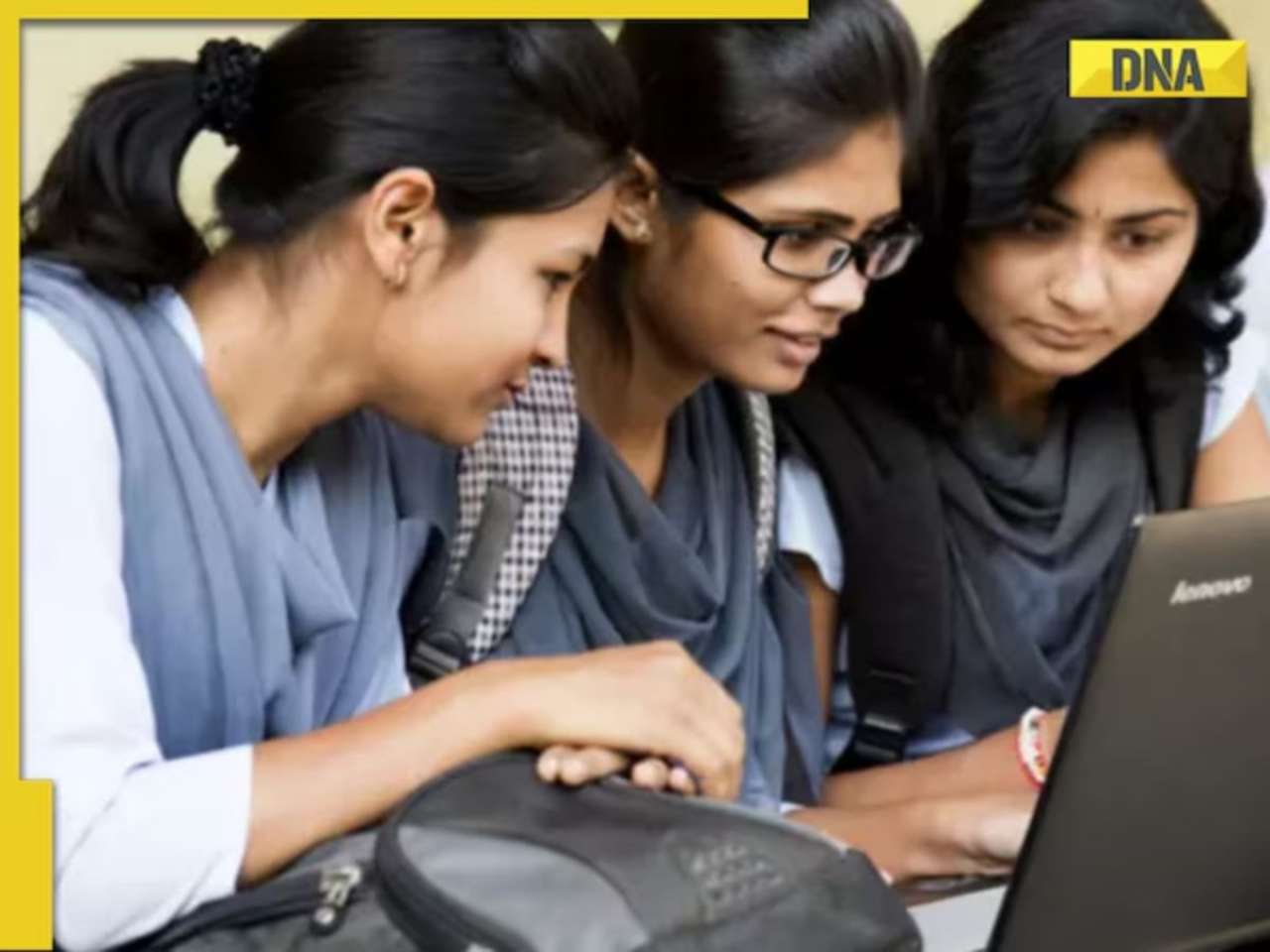

















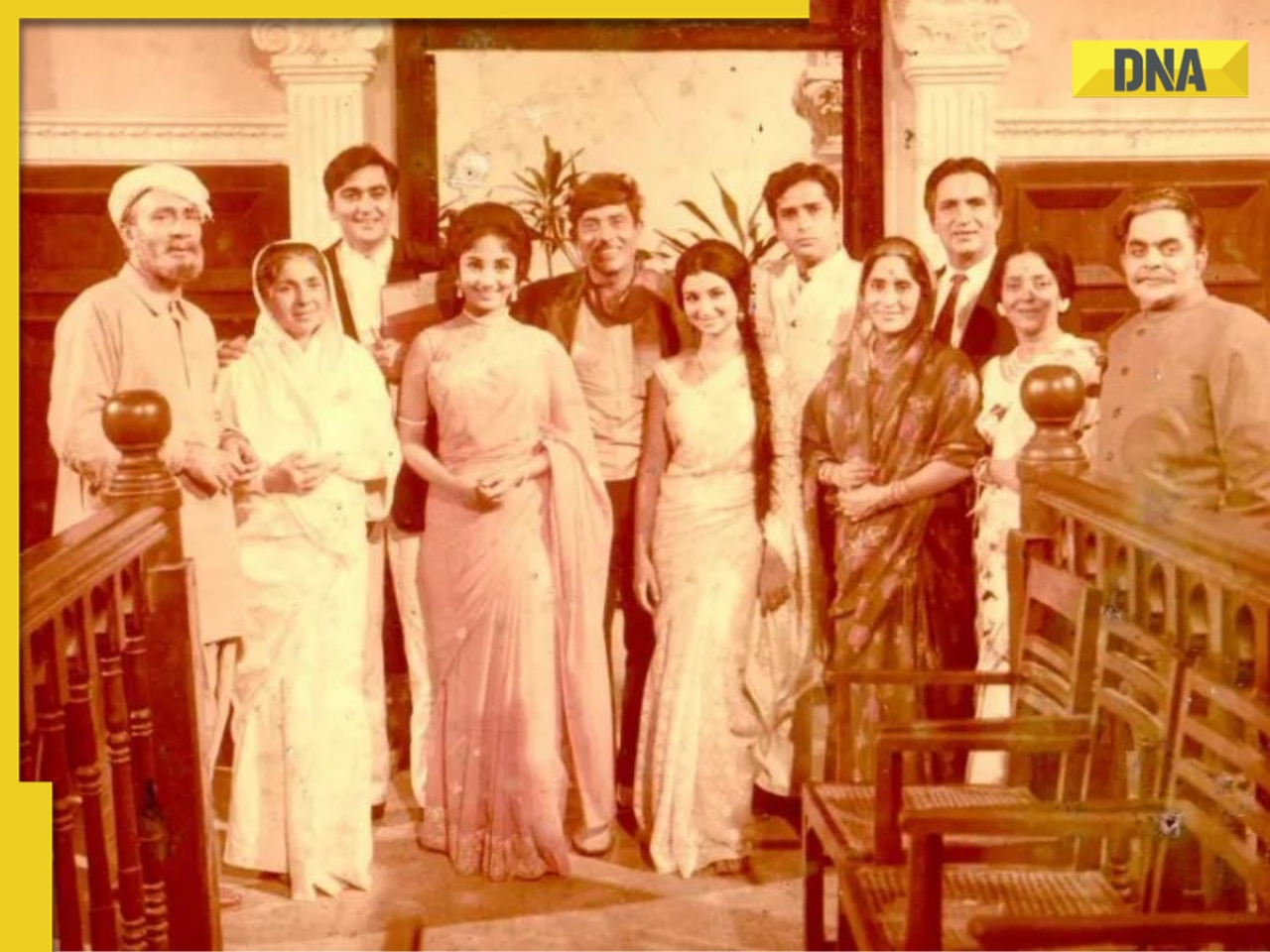


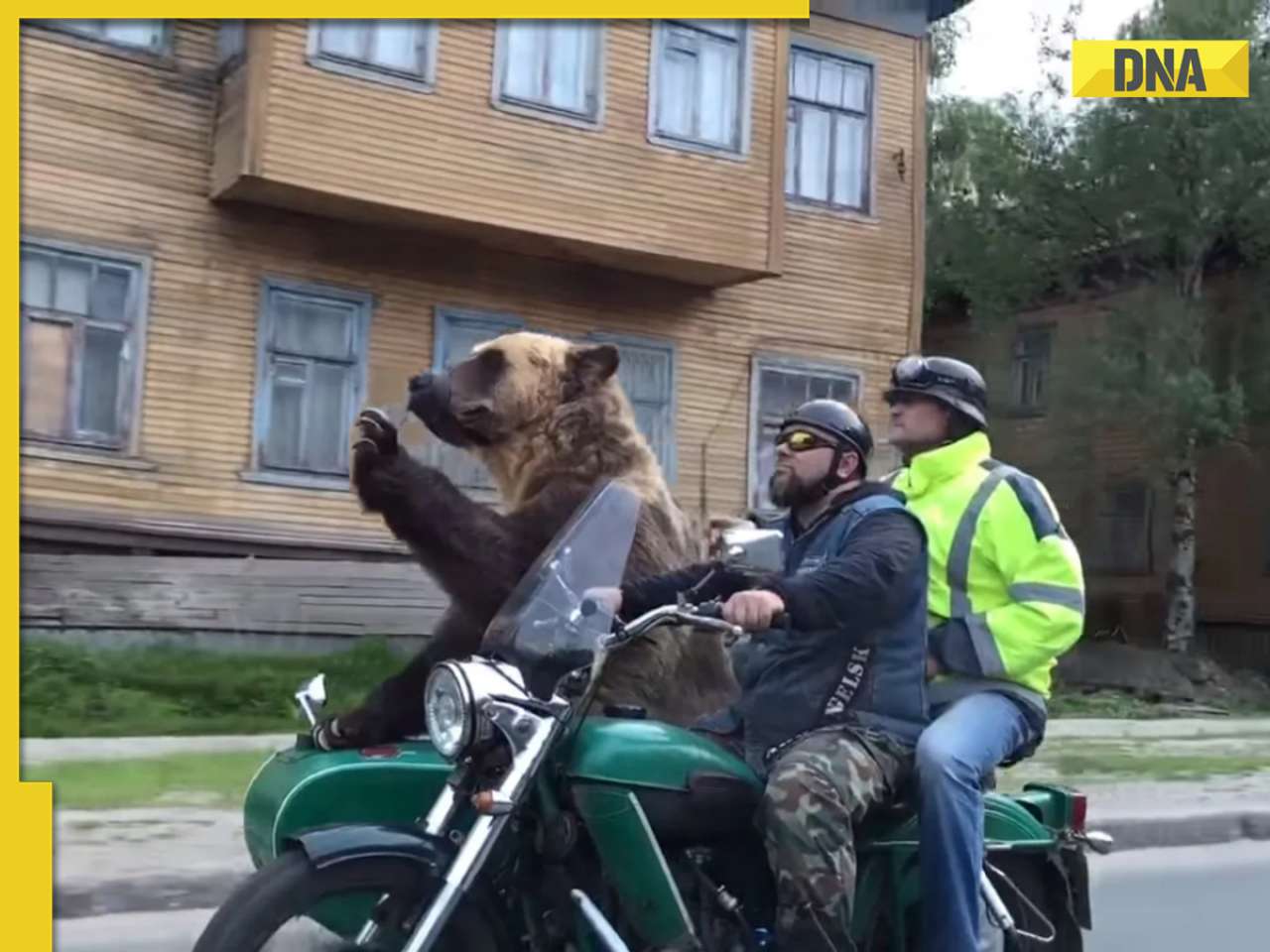


)













)




)
)
)
)
)
)